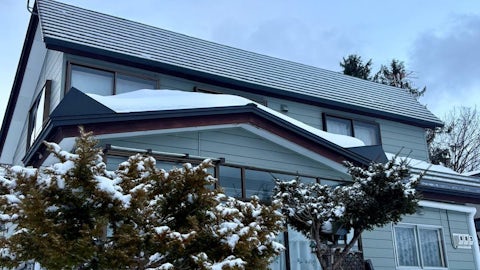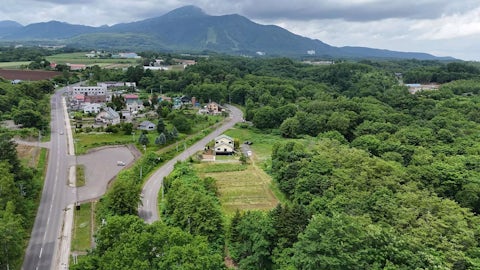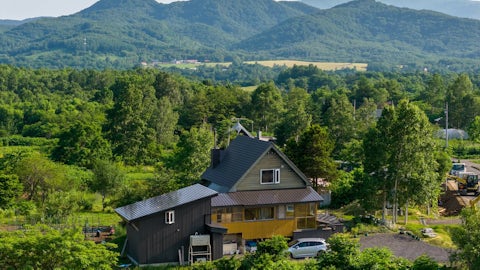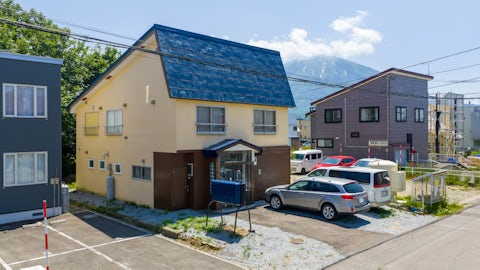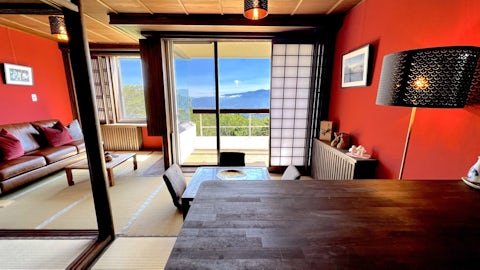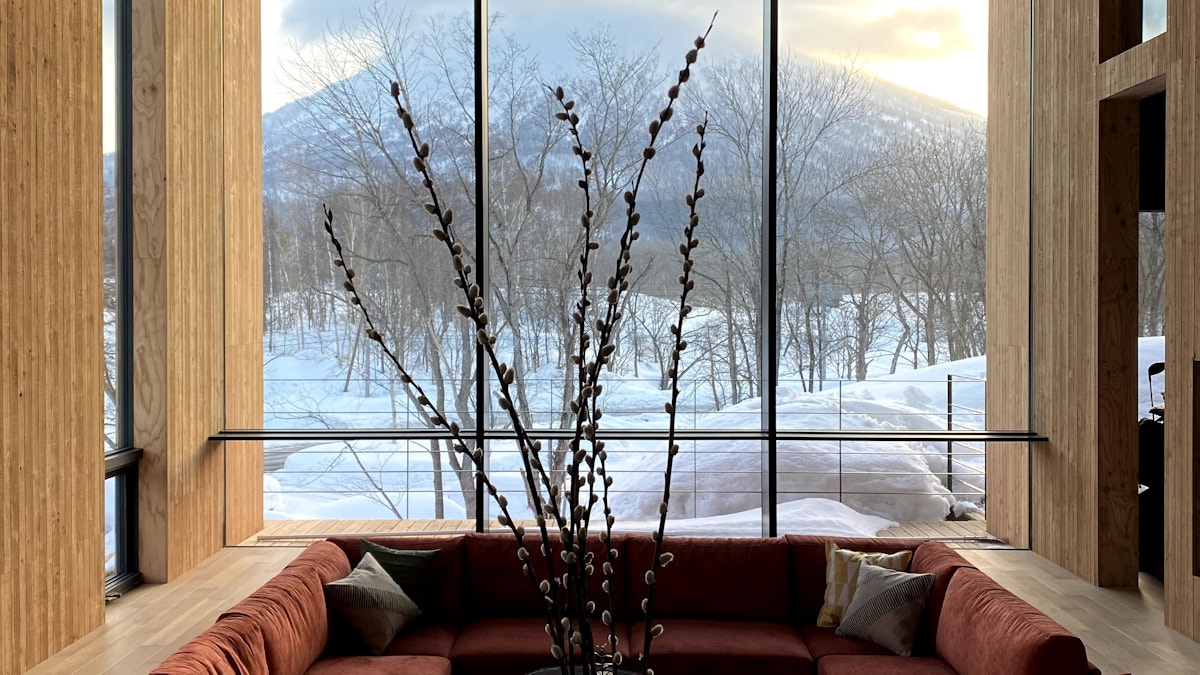
The increase in Japanese land prices is a promising development — as long as the trend is slow, stable and predictable
According to the annual survey by the Ministry of Land, Infrastructure, Transport and Tourism, land prices across Japan rose 1% compared to the preceding year. This is the first time in over thirty years that there has been a national increase.
Real estate has been a good investment in the three largest metropolitan areas — Tokyo, Osaka and Nagoya — where prices have risen for roughly a decade. In the most recent survey by the ministry, which ended July 1, the average price for residential, commercial and industrial land in those three cities increased 3%.
Outside them, though, prospects have historically been less impressive. That is changing. According to the latest survey, in the past year the average price for land in places other than Tokyo, Osaka and Nagoya increased by 0.3%, driven by 8.1% growth in the four major regional cities — Sapporo, Sendai, Hiroshima and Fukuoka. These increases, along with rising prices in areas surrounding major cities, pushed the national average into positive territory for the first time in 31 years.

Factors driving the increase in Japan's real estate prices include:
Boost in Tourism
Foreign tourism stimulates land values as owners develop property to attract guests. According to newly released figures, the number of the foreign tourists in Japan hit nearly 2.2 million last month, about 85% of the level in the same month in 2019 before the coronavirus outbreak.
They are crowding the perennial hot spots and are now venturing to more distant attractions. Their exploration of second-tier cities and the countryside is stimulating the growth of hotels, resorts and other destinations. Pressure is expected to remain high, prodded by a weak yen, the Osaka Expo that will be held in 2025 and the anticipated return of groups of Chinese tourists, numbers of which remain far below pre-COVID-19 levels.
Revival of Manufacturing Industries
Concerns about economic security, most particularly supply chains, have encouraged the government to provide substantial incentives to companies to set up new facilities. Most of those projects are outside the big three metropolitan areas and those developments drive demand not only for land and associated infrastructure, but housing markets too as they must accommodate staff that will work at the facilities.
Examples include Chitose in Hokkaido, where Rapidus will build a semiconductor fabrication plant, and in Kumamoto Prefecture, where Taiwan Semiconductor Manufacturing will build a new plant. In Kumamoto, the rush of companies has increased prices of housing and commercial plots by as much as 20% to 30%.
Changing Work and Lifestyle Trends
The rethinking of work and lifestyles continues in the aftermath of the COVID-19 pandemic. Companies and employees saw that there could be greater flexibility in work schedules without losses of productivity. Workers are now ready to take this further and move out of congested urban areas to enjoy more space, an inclination that is reinforced when they don’t have to commute long distances into town every day. This has boosted prices in areas that neighbor the big metropolitan cities, although experts warn that telecommuting may have peaked.

Long-term projections
Currently, the real estate market is helped by the country’s low interest rates. As long the Bank of Japan maintains the current policy, it will be easy to borrow to finance land purchases and develop new properties. The policy has also contributed to the yen’s weakness, which makes real estate seem more of a bargain than ever as foreign currencies have strengthened as much as 50% against the yen in the past 2 years alone.
On the other hand, there are reasons to worry about the long term. A shrinking population means that there will be downward pressure on land prices generally, first in the countryside as younger residents move to cities in search of stimulation, but also in those cities as the overall number of residents declines. This will be offset in resort areas as foreign investment continues thanks to the safety and desirability of investing in Japan.
